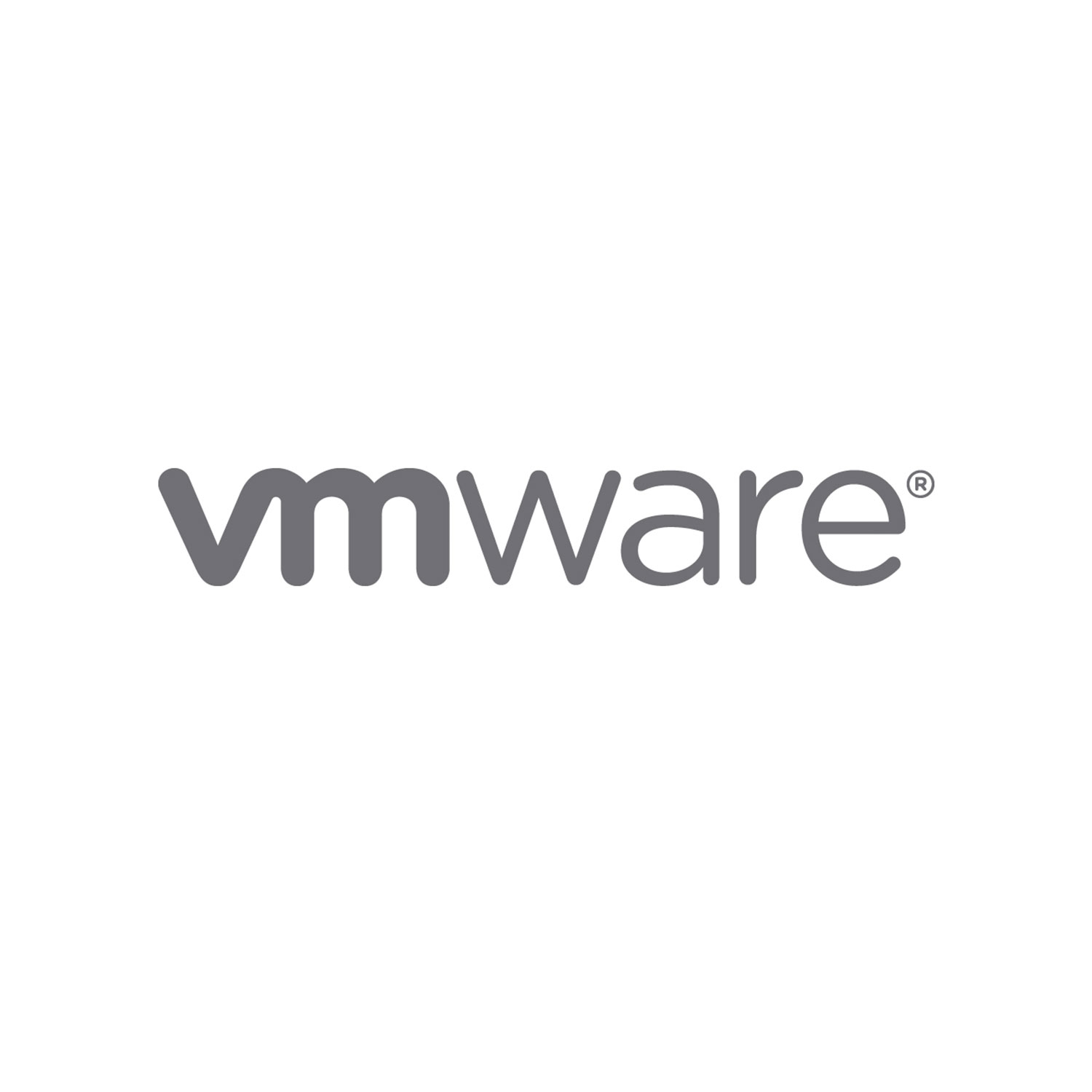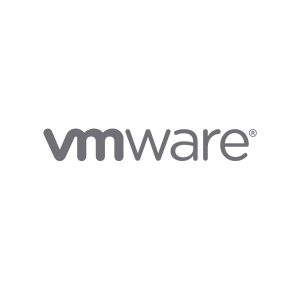Description
About This Course
This training course focuses on installing, configuring, and managing VMware vCloud® Automation Center™. This course covers the configuration and use of the vCloud Automation Center platform, including self-service provisioning and the creation of multivendor cloud services.
Prerequisite
- VMware vSphere: Install, Configure, Manage [V5.x]
or
- Equivalent knowledge.
Course Objectives
- Understand the vCloud Automation Center architecture and use case in today’s multivendor cloud environments
- Install and configure vCloud Automation Center 6.0
- Deploy Distributed Execution Managers and agents for vCloud Automation Center connectivity
- Configure endpoints to support compute fabric connectivity
- Manage vCloud Automation Center 6.0 entities on VMware® hardware, third-party hardware, and cloud infrastructures
- Configure vCloud Automation Center infrastructure services
- Configure and manage tenants and blueprints
- Configure and manage a service catalog
- Configure and manage role-based access control
- Request and manage machines using the user portal
- Understand and configure vCloud Automation Center workflows
- Integrate VMware® vCenter™ Orchestrator™ with vCloud Automation Center
- Automate application provisioning with VMware vCloud® Application Director™
- Manage and monitor machines and resource reclamation
- Manage cost reporting with VMware® IT Business Management Suite™
Course Outline
Lesson 1 Course Introduction
-
Introductions and course logistics
-
Course outline
-
Course goals
-
Course objectives
Lesson 2 Architecture and Components
-
Identify the benefits of the software-defined data center
-
Explore the architecture for deploying vCloud Automation Center as a cloud management platform for a multivendor hybrid cloud
-
Identify the components of vCloud Automation Center
-
Identify vCloud Automation Center design options
-
Define network ports and protocols required for communication between vCloud Automation Center components
-
Define the user interface elements of vCloud Automation Center
-
Explain how vCloud Automation Center integrates with other VMware products
Lesson 3 Installation
-
Explain the vCloud Automation Center installation prerequisites
-
Identify the vCloud Automation Center appliances and component installers
-
Define the vCloud Automation Center installation procedure
Lesson 4 Configuring IaaS
-
Define relationships between vCloud Automation Center entities
-
Identify and configure vCloud Automation Center endpoints
-
Identity how vCloud Automation Center discovers compute resources
-
Define the vCloud Automation Center roles
-
Identify fabric groups, business groups, and reservations
-
Create tenants
-
Create and manage reservations for compute resources
Lesson 5 Blueprints and Catalog Services
-
Create and manage single-machine and multimachine blueprints
-
Manage service catalog items with entitlements and approval policies
Lesson 6 Provisioning Services
-
Provision new machines and services
-
Manage self-provisioned machines
-
Create approval policies
-
Identify approval policy levels and approval phases
-
Use custom properties
-
Use build profiles
-
Use the property dictionary
Lesson 7 Extensibility
-
Identify extensibility and customization options
-
Use vCloud Automation Designer to edit an existing workflow
-
Use vCenter Orchestrator
-
Configure plug-ins for external integration
-
Use Advanced Service Designer
Lesson 8 Monitoring and Reclamation
-
Identify and verify inactive and abandoned resources
-
Manage machine leases
-
Manage machine reclamation
Lesson 9 Operational Management
-
Configure VMware® IT Business Management Suite™ Standard Edition
-
Report financial data for a cloud infrastructure
-
Troubleshoot common ITBM problems
Lesson 10 Managing Applications
-
Define the role of vCloud Application Director
-
Identify the vCloud Application Director infrastructure components and requirements
-
Deploy and manage vCloud Application Director
-
Configure application provisioning
-
Create, manage, and update applications
-
Manage catalog services
Who Should Attend
Experienced system administrators, cloud administrators, system integrators, and operational developers


